Practical knowledge as the name suggests is the knowledge attained by getting hands-on experience; meaning ‘learning by doing’. Application based knowledge is very important to understand how things actually work. It occurs and develops in those concrete situations where it is learnt and it manifests itself as a skill or ‘knowing-how’. It leads to a much deeper understanding of a concept through the act of doing and personal experience. Practical knowledge helps the child relate concepts with the real world and at the same time apply them in the real-life situations.
"Knowledge is of no value until it is put to practice." - Anton Chekov
The aforementioned term i.e. ‘practical knowledge’, is getting more importance in the present era, however history evidently proves the validity of practical knowledge during the past as well, when the renowned scientists like Isaac Newton, Einstein, Archimedes invented the universally accepted laws and principles by applying the knowledge they received by observing the things around them. These scientists share the similarity of having a keen sense of observation regarding the functioning of things. Ask a child to place his palm near a bowl that is steaming hot. Without knowing about the theory of heat or temperature, the child gets to know its meaning. On the other hand, theoretical knowledge teaches the logical reasoning, techniques and theory about a particular concept. A lot of things you can only learn through practical experience as theory is often taught in a vacuum. This fact does not demean the importance of theoretical learning as theory leads to practical. It is very important for the students to get practically exposed to the theoretical concepts so as to come up with unique ideas, creativity, inventions and innovations.
“Knowledge without practice is useless. Practice without knowledge is dangerous.” - Confucius
Children having knowledge in a practical manner are brand ambassadors of many start-ups. Promotion of application-based knowledge will provide wings to their imaginations and creativity. They will be able to think out of the box and become efficient in creating several alternatives for one source. Such children would enter the world of employment with a bang. Knowing things by experiencing the same would give them clarity of conceptual understanding and above all it will help making learning more interesting. Teaching things practically leads to eradication of monotony. Children start inclining towards visual inputs and it is well proven in several studies that visual receptors are more active than any other form of receiving information. Definitely, involvement of students in the class is a form of practical exposure. Let the classrooms be student-driven instead of a teacher having complete lead over the class.
Let learning be practical!






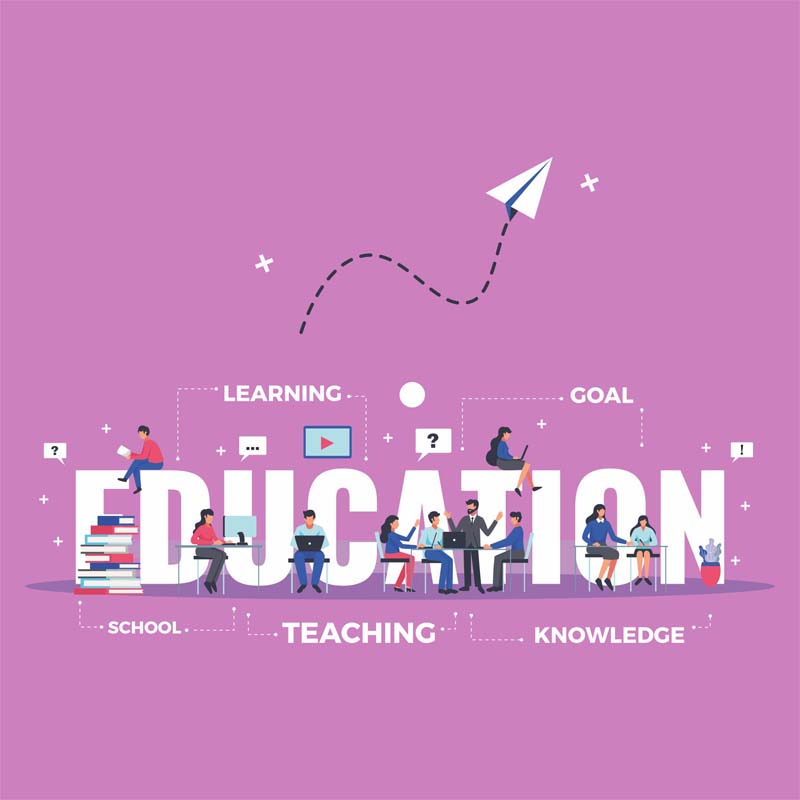
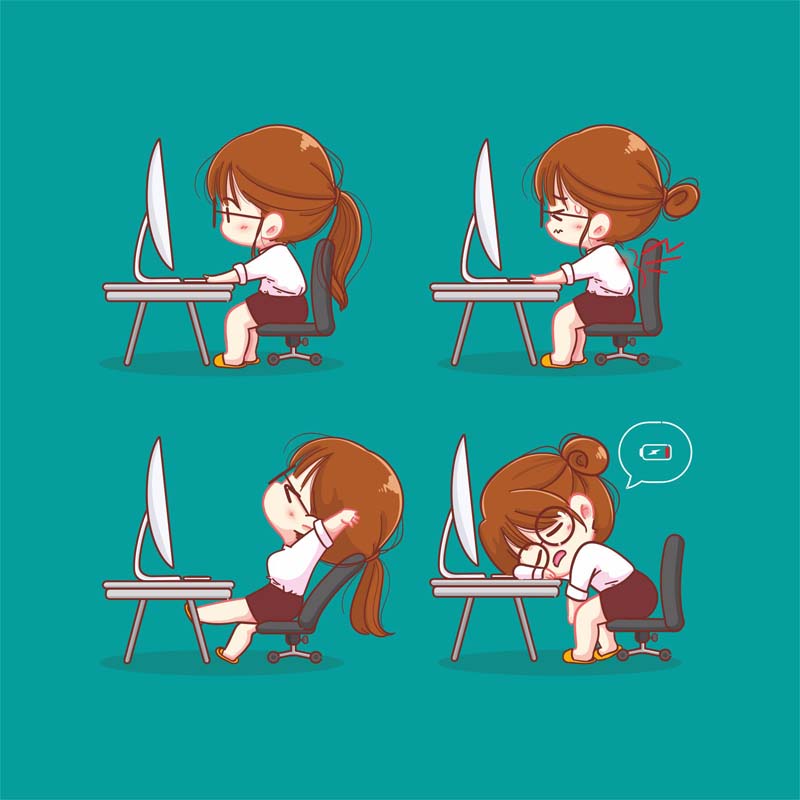
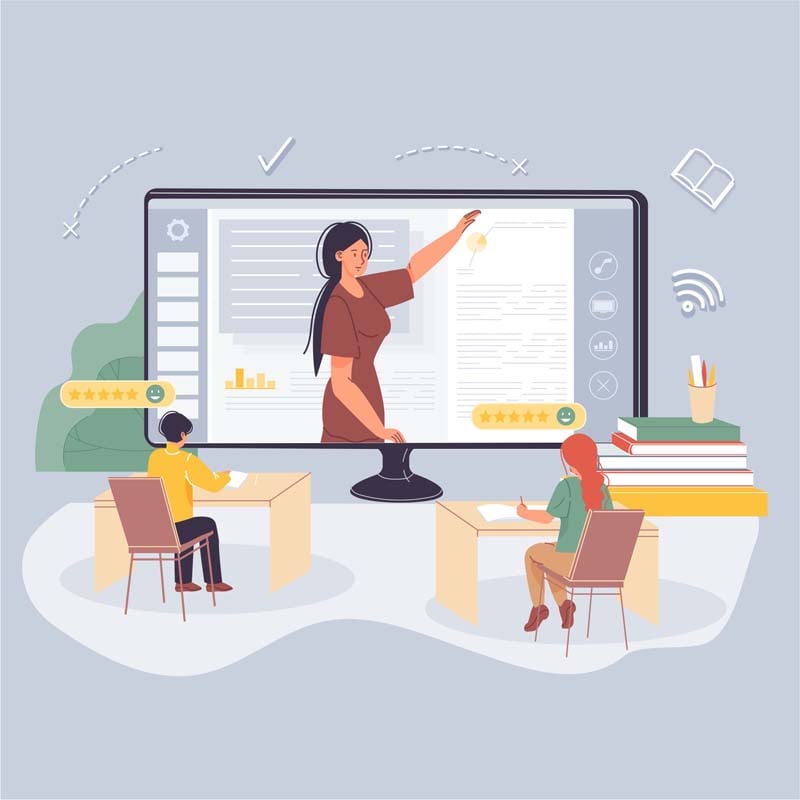
.jpg)
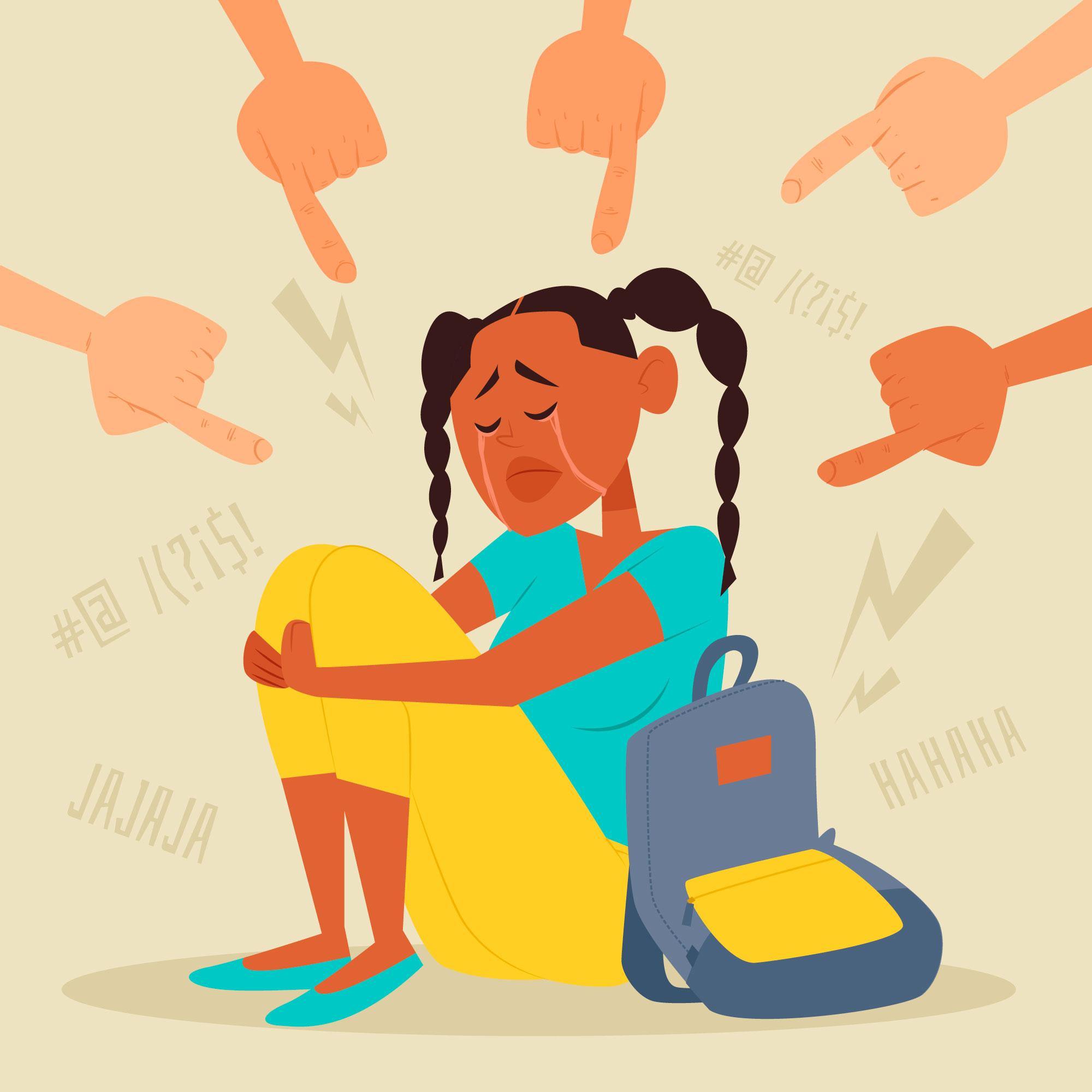
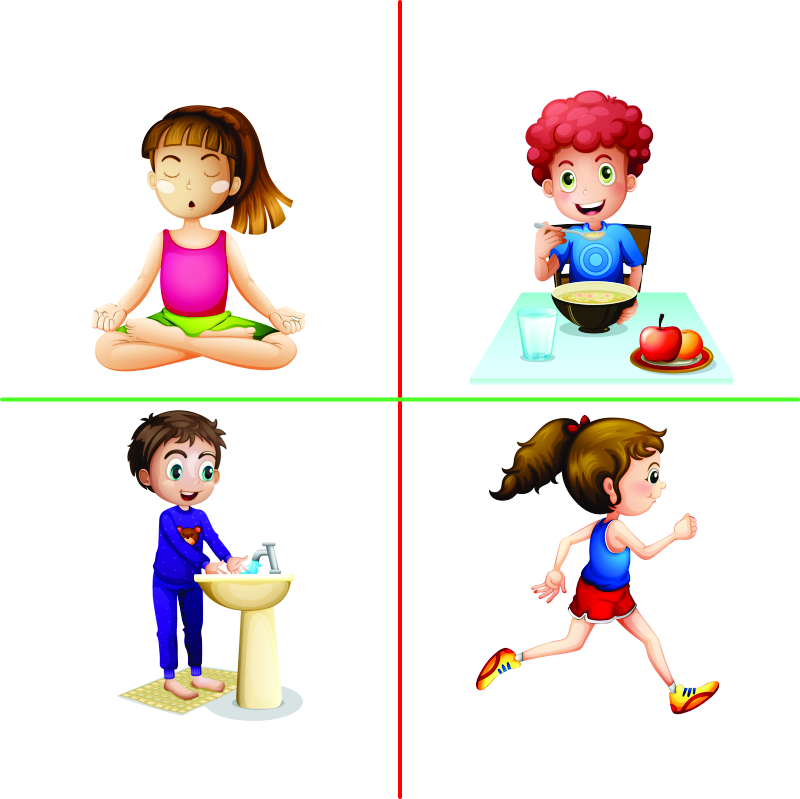
.jpg)






